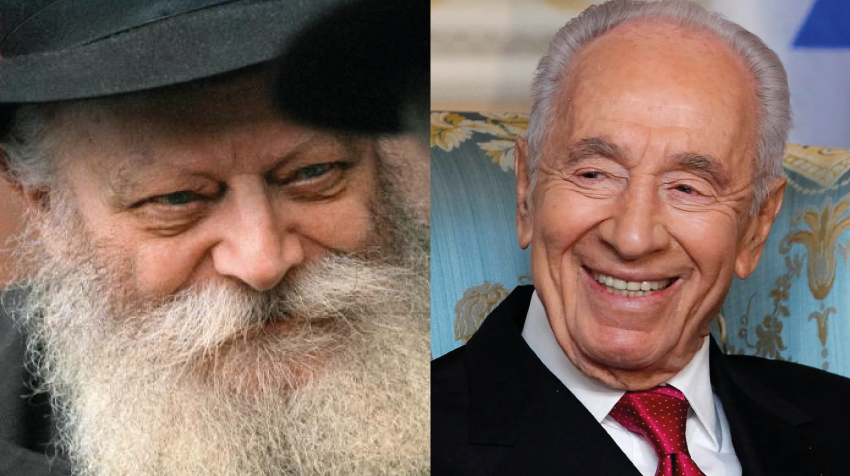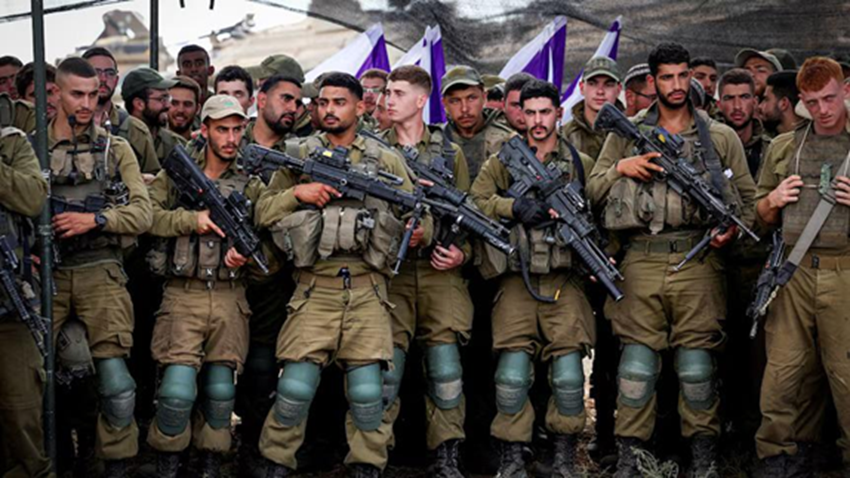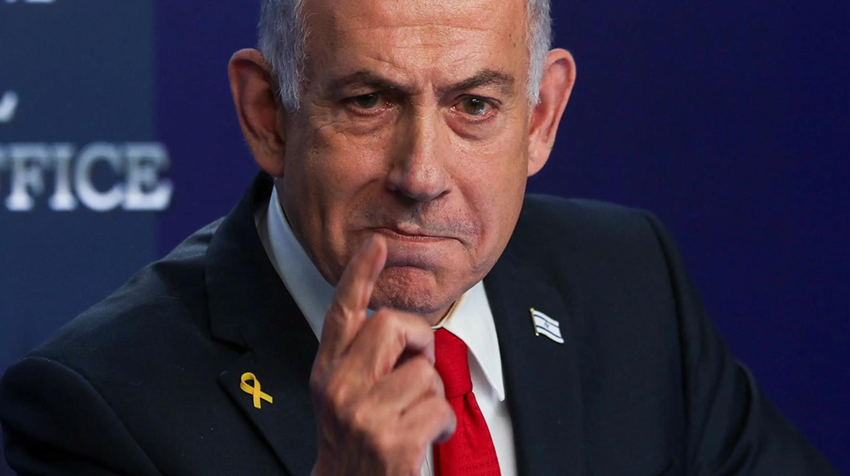His heart and his mind stopped in 2016 after rendering enormous services to humanity. Shimon Peres sought Rebbe’s guidance over decades and proclaimed Centrality of Judaism to Israel and the Jewish People.
Born to a noted rabbinic family in pre-war Poland, throughout his life Shimon Peres considered Torah, its mitzvahs and faith in G‑d to be the very foundations of the Jewish people. This conviction was reinforced, expanded and deepened after meeting with the Lubavitcher Rebbe—Rabbi Menachem M. Schneerson, of righteous memory—later in life.
Born Shimon Perski in 1923 in Visnieva, Poland, Peres proudly related that he was conceived only after his parents—Yitzchak Getzel, a wealthy timber merchant, and Sarah, a volunteer librarian—had sought a blessing for children from a Chassidic rebbe.
As a young boy, Shimon was deeply influenced by his maternal grandfather, Torah scholar Tzvi Hirsh Meltzer, who taught him Talmud daily and whose heartfelt prayers, he would relate, motivated him to pray with great devotion.
In 1934, his family migrated to British Mandate Palestine, settling in Tel Aviv. During an emotional farewell at the train station, Meltzer held his grandson tight. “My child, be a Jew!” he pleaded. In 1942, the rabbi was murdered by the Nazis, defiantly wearing his tallit as he marched ahead of his community to his death inside a burning synagogue.
In 1945, Peres married Sonia Gellman, a mitzvah-observant Jew. The couple settled in Kibbutz Alumot and went on to have three children: Tzvia Valdan, Yoni Peres, and Nehemiah Peres, with lives that are profoundly useful and dedicated to society.
As a result of his sincere respect for traditional Judaism, Peres was sometimes dispatched by Ben-Gurion to work with rabbinic leaders on crucial matters like the deferment of military service for yeshivah students. Years later, Peres recalled to his close friend, journalist David Landau, that when he was discussing the matter “with the venerable rabbis, I felt like I was sitting with my grandfather.”
“I had reverence toward these people,” Peres said, “I didn’t sit with them to haggle.” Peres said he was impressed by their "very cogent [argument that] throughout the Diaspora period even the czars and other rulers had facilitated the existence of yeshivot. ‘Did I want all the yeshivot to be abroad?’ I thought this was a powerful argument.”
As a result, an agreement was reached in which full-time yeshivah students would enter the military at age 25 for a brief three-month induction, followed by reserve duty.
Like so many other leaders among Israel’s secular political, military, scientific, financial and educational establishment, Peres sought the advice and blessing of the Rebbe. He traveled twice to the Crown Heights neighborhood of Brooklyn for face-to-face meetings with the Rebbe, and wrote numerous letters and sent in-person intermediaries to consult on sensitive matters that to this day remain classified.
The national Israeli daily newspaper Yedioth Ahronoth, whose correspondent covered the Peres visit to Lubavitch World Headquarters at 770 Eastern Parkway in Brooklyn, recorded in its Feb. 13, 1970 edition a far simpler reaction by Peres. Upon leaving the Rebbe’s wood-paneled study, the paper reported, Peres exclaimed: “He is the greatest human being I’ve ever met. His is true greatness!”
During their first meeting, in 1966, some 15 months before the Six-Day War, the Rebbe alerted Peres to his view of the impending Egyptian threat and his opinion that it could be solved by focusing Israel’s efforts on Egyptian President Gamel Abdel Nasser. Peres described the meeting, which lasted for more than an hour, as something he had waited for with significant anticipation.
After the war, Peres was among the generals and other notables pictured in tefillin, thus giving expression to what the Rebbe worked to become a national phenomenon—thanksgiving to G‑d in recognition of His miraculous deliverance during the war, as opposed to Israel’s becoming lost in euphoric and hubristic overconfidence in the wake of victory.
By the time he came to the Rebbe again in 1970 , the Rebbe had repeatedly and publicly expressed his opinion that post-Six-Day War attempts to offer militarily strategic areas of land in exchange for vague promises of peace was a dangerous, even suicidal, approach to peacemaking and would, G‑d forbid, only bring more bloodshed in its wake in Israel and spur terrorism in other parts of the world. Peres, as is known, favored a romantic approach, hoping that Israel’s overtures would somehow spur its declared enemies to act peacefully.
Yet Peres knew that despite the Rebbe’s grave and fundamental disagreement with his approach, he would always be available for strategic counsel related to Israel’s own well-being as well as to help assure the success of its missions for safekeeping Jews across the globe.
In an interview with JEM’s “My Encounter With the Rebbe,” Peres recalled that the Rebbe discussed with him issues pertaining to Jewish identity in Israel, including many specifics regarding the Russian émigrés who were beginning to arrive there from the Soviet Union, and a host of other subjects.
The Rebbe underscored to Peres the importance of educating Israel’s populace, especially the young, about Judaism and its age-old traditions, and ensuring that this infuses the very character of Israel. Addressing Peres’s opportunity and responsibility as communications minister, “the Rebbe told me that we need to apply modern communication—which then meant radio, telephone and television—as vehicles for Jewish education,” according to Peres.
Recalling that meeting, Peres said that the Rebbe “foresaw what the future bode with the same clarity with which he discerned the present. He understood very well our immediate security challenges, yet was also determined to meet the future, by investing in education.”
Along those lines, Peres said the Rebbe “engaged in both our present and our future with the same urgency, because they dare not be separated. He felt that any gap between them invites sure danger.” He went on to say that the Rebbe was “unique in how he fused the spiritual and the practical.”
Characteristically, the Rebbe’s concern extended to the entire family. Following that meeting, the Rebbe wrote a letter to Sonia Peres, acknowledging the note she had sent with her husband, thanking her for her heartfelt good wishes, and providing her with the blessings she had requested for the couple and their children.
The Rebbe also replied in writing to Peres’ elderly father, describing his pleasure from meeting his son personally and discussing with him weighty matters of significant importance, and expressing his hope that their discussion would lead to concrete action.
Despite the chasm in their approach to Israel’s security, the Rebbe’s exhortations to Peres about Jewish education continued to influence him, and he implemented and supported numerous programs aimed at furthering Jewish education throughout the state. He also frequently helped Chabad in Israel in its work spreading Judaism to soldiers and many others.
It is perhaps as a result of his deep respect for the Rebbe that Peres remained particularly close to a number of Chabad Chassidim in Israel throughout the decades. One close friend was the longtime mayor of Kfar Chabad, Rabbi Shlomo Madanchik, who would visit the Peres home often, bearing a lulav and etrog on Sukkot, reading the full Megillah for him and his wife on Purim, handing out shmurah matzah for Passover and throughout the year, regularly updating the Peres family with information about the weekly Torah portion and the like.
On the third of Tammuz, in 1994, while Peres was serving as Israel’s Foreign Minister, the Rebbe passed away. Soon afterward he wrote a public, heartfelt letter focusing on the Rebbe’s intimate involvement in Jewish affairs all over the globe. Peres wrote, “In the places where danger lurked for Jewish people, his emissaries risked their lives to fulfill his secret missions to save Jews—in Soviet Russia, in Islamic lands and in many other lands. It is in his merit that the Jewish embers have been preserved in those places.”
Commenting on the Rebbe’s humility and genuine interest in every individual, he described the Rebbe as the embodiment of Hillel’s teaching to “love people and bring them close to Torah,” and “The legacy that he bequeathed was a love of Jews as they are, and the constant search to find that which united him and others.”
His final term as prime minister began in November 1995, after the assassination of Israeli Prime Minister Yitzchak Rabin. But he was ousted only half a year later in the aftermath of the Oslo accords.
In 2007, at the age of 83, Peres was elected to serve as the ninth president of Israel. In that role, he traveled to Jewish communities around the globe and experienced firsthand the manifold work of Chabad-Lubavitch emissaries. He took particular pleasure in seeing the rebirth of Judaism through its length and breadth, marveling at the manifestation of the Rebbe’s vision as well as the flourishing of the Rebbe’s decades-long clandestine work there.
“I see you, the shluchim of Chabad in many places around the world, among them remote, forsaken and hostile places,” he said in a 2013 message he videotaped and sent to the shluchim. “You are mitzvah messengers of the Rebbe—of his desire that the Jewish people continue and be sustained as a nation.”
By the time he retired in 2014, he was the oldest head of state in the world. Two years later, shortly before his death, Peres reflected on the essence of the Jewish people, asserting that a nation defined only by memories of the Holocaust and the creation of a secular Zionist state cannot sustain itself. “Without Sinai, what meaning does life have?” he asked rhetorically.
Source: Chabad.org


































